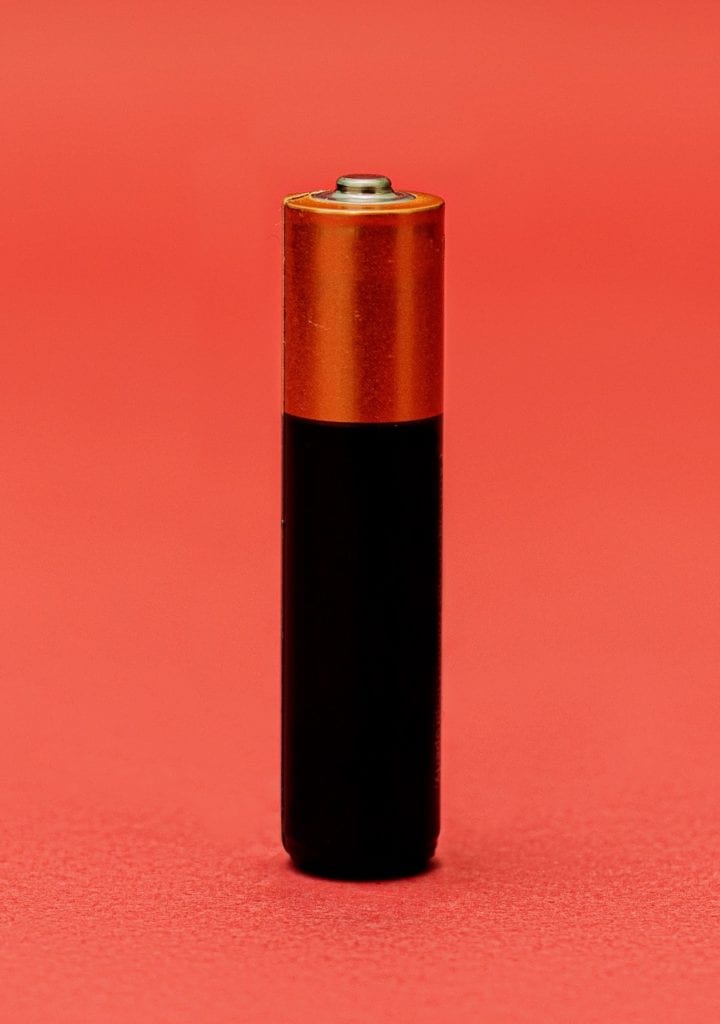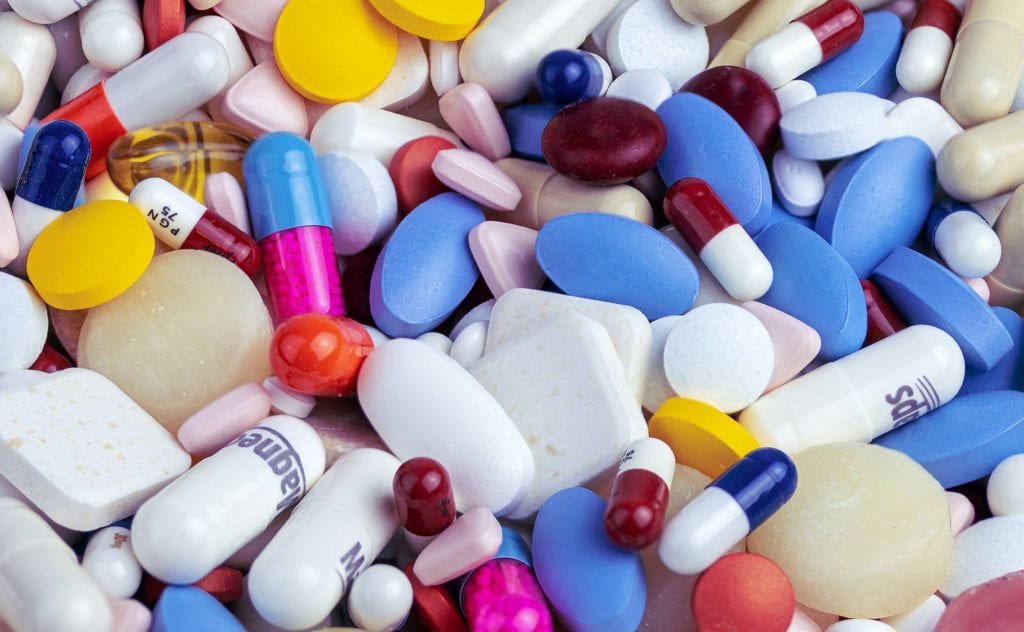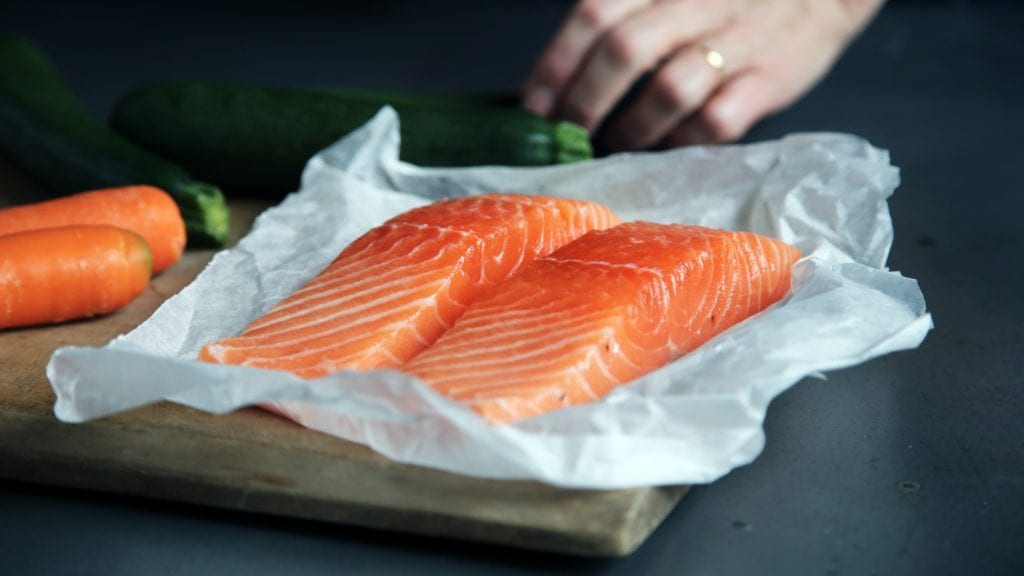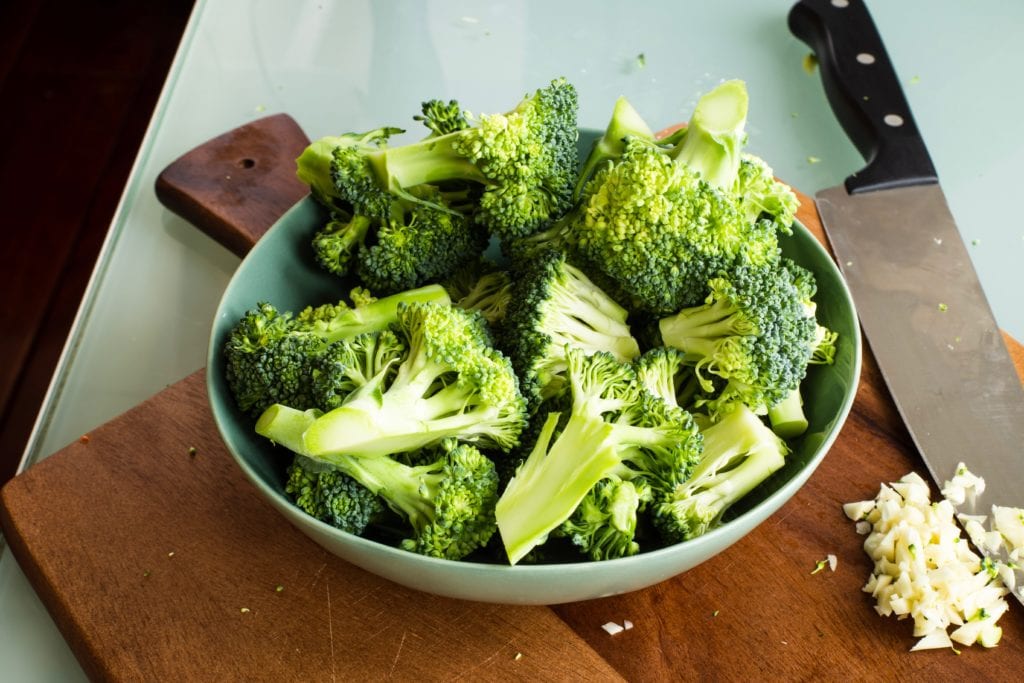So, how many of you did ‘Dry January’ this year? For many of us it is the one time of year we spare a thought for our extremely hard-working liver. January arrives and the post-indulgence guilt kicks in. Suddenly we feel we should show our liver a little TLC for getting us through the festive season. But what about the rest of the year? Can you honestly say you love your liver all year round?
I believe we should all be more appreciative of our livers and what they do for us. Look after your liver and it will look after you! And what better time to show your liver some care and attention than in February, the month of love! Read on to learn more about your amazing liver and what you can do to support it.
The liver is the largest organ in the body, about the size of a rugby ball
Why we should all show our livers a little more love
You’re probably aware of the liver’s involvement in processing and excreting toxins, such as alcohol, medication and caffeine. However, did you know that the liver is also involved in all of the following?
Energy Storage
- The liver converts excess glucose into glycogen and stores it for use later, when your body needs it.

Digestion and transportation of fats
- A liquid called bile is made in the liver and stored in the gallbladder, from where it is secreted into the small intestine. Its job is to breakdown fats in the food we eat.
- The liver also produces cholesterol and proteins involved in the transportation of fats around the body.
Storage of vitamins and minerals
- The liver acts as a storage facility for fat soluble vitamins such as vitamin D, E, A and K. Additionally, it’s responsible for storing minerals such as iron and copper.
Immunity
- The liver produces a variety of immune factors that help your body fight against infection.
Protein metabolism
- The liver is involved in the breakdown of proteins and converting the toxic by-product of this process, ammonia, into urea ready for excretion in the urine.
- Additionally, proteins important for blood clotting are created in the liver.
Elimination of toxins
- In addition to processing chemicals we put into our body, such as alcohol, medication and caffeine, the liver is also responsible for making safe and excreting the by-products of various bodily processes.
- Hormones are just one example of this. Once they’ve fulfilled their function in the body, hormones need to be broken down and excreted. The liver plays a key role in this process. Therefore it follows that a well functioning liver is important for hormonal balance.


The liver is involved in more than 500 essential bodily functions
Four ways to love your liver
As you can see, we have a lot to thank our livers for! Undoubtedly, our livers appreciate a break from the booze, but that’s not all we can do. Here are just a few of the many ways you can support your liver through diet all year round…
1. Include high quality protein in your diet
Protein is essential for effective detoxification. Diets low in protein are associated with a lower detoxification capacity. Amino acids are the building blocks of protein. There are 20 amino acids in total, 9 of which are essential. Essential amino acids cannot be made by the body, so have to be obtained via the diet.

Animal proteins such as meat and fish are ‘complete’ ie. they contain all nine essential amino acids. If you rely on vegetable protein, it’s important to include a wide variety of protein sources to ensure you’re getting all your essential amino acids.
2. Eat the rainbow!
Vegetables and fruit are a great source of fibre which optimises digestion and allows for effective elimination of toxins via the faeces. Including a wide range of different coloured plant foods will provide you with phytonutrients which in turn support various processes in the liver.
At any one time it is estimated that 13% of the body’s total blood supply (approx. 1 pint) is held in the liver (1)
3. Focus on cruciferous vegetables
When it comes to supporting detoxification, cruciferous vegetables take some beating due to the phytochemicals they contain.
If you’re cooking them, lightly steaming them rather than boiling is best for preserving the liver-supporting compounds they contain.
- Broccoli (broccoli sprouts are particularly useful)
- Cauliflower
- Kale
- Watercress
- Rocket
- Cabbage
- Brussel sprouts
- Turnips,
- Radish
- Pak choi

Choose wild or organic foods wherever possible.
Organically grown foods have lower levels of pesticides, and environmental pollutants, which means they’ll put less strain on your liver. To help you prioritise your selection of organic produce, take a look at the ‘dirty dozen’ list produced by the Pesticide Action Network UK. This list highlights the fruit and vegetables that have the highest pesticide residues.

The liver has the capacity to regenerate after surgery or injury
If you’re interested in learning more about how changes to diet and lifestyle can support your liver, or any other aspect of health, why not book a FREE discovery call to understand what Nutritional Therapy could do for you.
References
- https://www.hopkinsmedicine.org/health/conditions-and-diseases/liver-anatomy-and-functions
